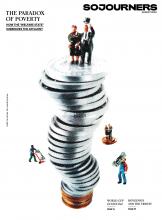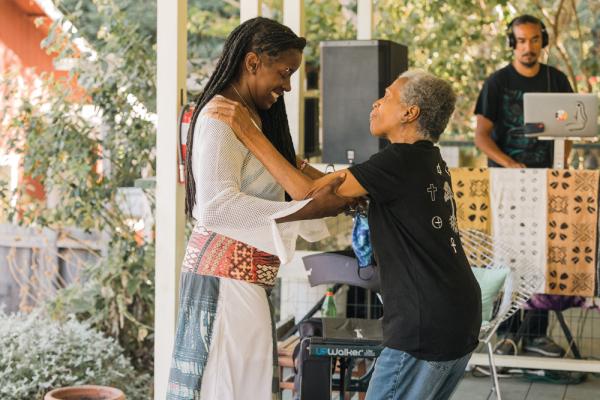“DO YOU MAKE any money from it?” a visitor asked as we walked behind my house, where goats, chickens, fruits, and vegetables grow among the weeds. I shook my head and laughed.
We entered the garden where my 74-year-old father knelt, breaking up soil with an old cultivating fork. He was planting spindly tomato plants I had started from seed and almost abandoned.
We don’t make money from it, but the garden is the place where my father cultivates joy. When I was a child, he poured water on rows of collards to wash away stressful days working for a Washington, D.C., nonprofit. Gardening restores his soul. These days, Dad splits his time between my parents’ home in Ohio and my home in rural Georgia, planting gardens in both places.
We don’t weigh the bushels of okra, cantaloupe, peppers, watermelon, and beans to see if they equal or surpass expenditures of time or money spent on Dad’s trips down South. Some work can’t be measured in dollars.
Read the Full Article

